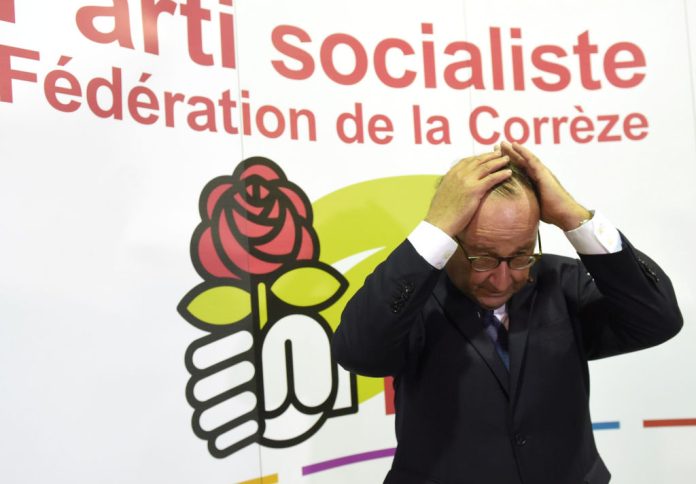European socialists are launching their EU election campaign in Rome on 2 March amid a loss of electoral support for the government across Europe, with Germany and Spain remaining the last strongholds of fading socialism, according to Euractiv.
Socialist parties reinforced their position in Europe in 2022, with Social Democrat leaders once again at the helm of Germany, all the countries of Iberia and Scandinavia, as well as Malta and Romania. Two years later, however, the situation has changed.
Although the Socialists are still predicted to come second in June’s European elections, they have only half the European leaders compared to the conservative European People’s Party (EPP).
The next country where the Socialists will lose their influence is likely to be Portugal, where Prime Minister António Costa has been forced to resign over a corruption scandal. Portugal’s Socialist Party (PS/PES), which won an absolute majority of 120 seats in the 2022 elections, now loses support and faces the PSD (EPP) ahead of early elections on 10 March.
Christine Verger, vice-president of the Jacques Delors Institute think tank, noted that the Socialists remained one of the most important parties in Europe.
However, the long-term prospects are not looking so good, as they have all but disappeared in France and are struggling in Italy.
German Chancellor Olaf Scholz and his Spanish counterpart Pedro Sánchez remain the only figureheads of the Social Democrats leading large delegations.
However, both leaders are surrounded by problems. The Scholz’s SPD has dropped to just 14 per cent in the polls, barely the third most popular party in the country. Sánchez, meanwhile, managed to get re-elected last year, now facing a challenge from Catalan separatists. Jean-Michel De Waele, a political scientist at Brussels University, declared:
“Sánchez has been successful due to his pragmatism and ability to adapt to what the Spanish people want, like a chameleon.”
Socialists in Denmark and Romania are also losing support in the polls. Danish Prime Minister Mette Fredriksen has adopted a tough migration policy, helping her to rebuild part of the Social Democracy’s former labour base. However, this deviation from basic principles found little support among her peers.
A promising idea came from British Prime Minister Tony Blair, who presented a liberal approach as a new vision for socialist parties after the fall of the Iron Curtain. However, De Waele noted that such an agenda did not appeal to the Social Democrats’ traditional electoral base, the working class.
Nowadays, many of [the working class] starkly disagree with the social democrats’ liberal views on migration. This is the core problem they need to address. In short, they need a new vision.
Cornered by poll cuts, Germany’s SPD and Spain’s PSOE presented themselves as the last line of defence against national-oriented parties. Sánchez told a congress of European Socialists in October:
“We were the dike against which that reactionary wave crashed. And now it is a question of repeating it on 9 June in the European elections.”
However, the Spanish Socialists remain confident they can achieve a breakthrough in the upcoming elections, with Javier Moreno, president of the Spanish Socialist delegation to the European Parliament, saying:
The only poll that is useful is the one at the ballot box, and there are still a few months to go before the European elections.
Meanwhile, the German SPD has made tackling the opposition and defending democracy one of its top priorities, with Katarina Barley, the vice-president of the European Parliament and SPD’s leading candidate, declaring:
“We reflect on our strengths by standing up for the working middle class in Germany and promoting democracy in Germany and the world.”
Despite the difficult situation, however, there is still hope for the Social Democrats, as SPD representatives point to Scholz’s unexpected success in 2021 as a defining experience. Ralf Stegner, an influential SPD MP and long-standing member of the party’s leadership board, stated:
Nobody would have predicted [Scholz would be chancellor today] a few months before the last general election. Polls are fleeting.
